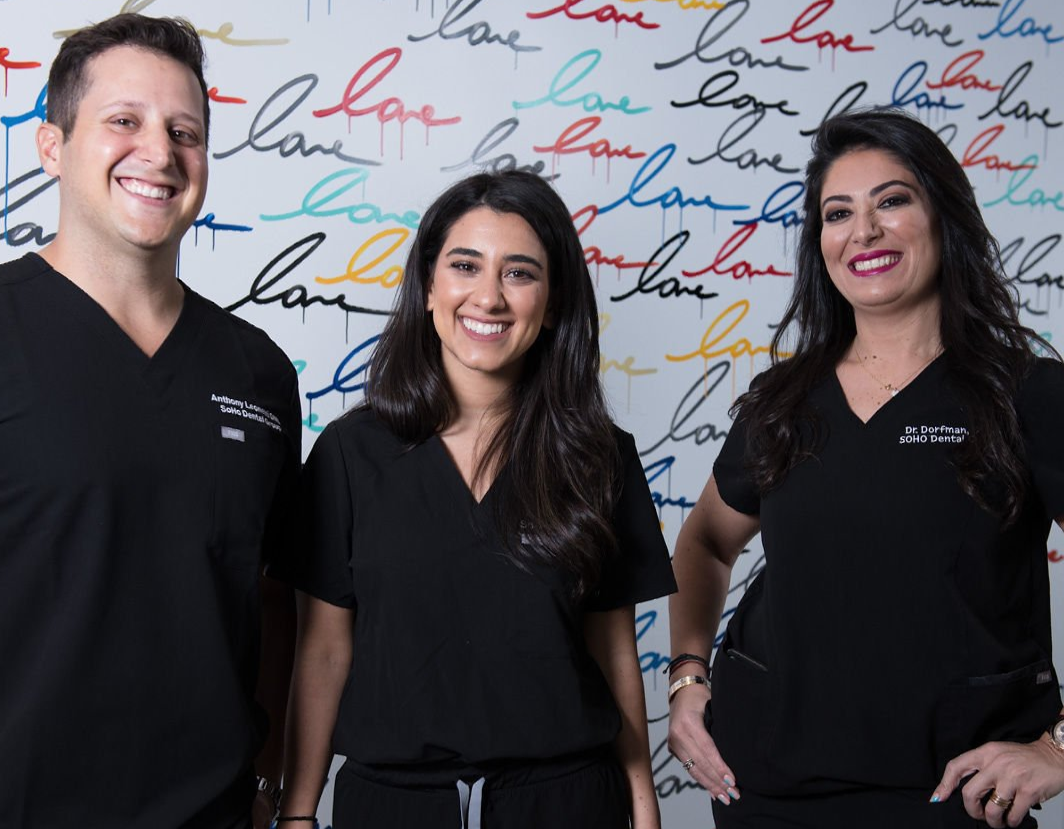Complete and Partial Dentures: Everything You Need to Know
Finding the right dentures for your needs requires knowing about your options. Here is everything you need to know about complete and partial dentures.
90% of people with missing teeth have dentures. With modern technology, complete and partial dentures can transform someone's smile and change their life.
If you are missing one or more teeth, it could lead to inadequate nutrition and further deterioration, especially if you wait too long to see a dentist.
If you know you need dentures but aren't familiar with the different types, keep reading to learn what might work best for you!
How Dentures Work
Dentures replace lost or missing teeth and the tissues surrounding them. They are removable oral appliances. They can be taken out and conveniently put back in and are easy to maintain.
Of course, like any other change to one's mouth, they do take some getting used to. However, today's dentures are naturally-appealing and much more comfortable than those of the past.
They are built with care and precision so that they fit into your mouth with comfort. At SoHo Dental Group, you can be rest assured we'll do everything we can to build your dentures with a perfect fit.
Let's take a look at the 2 types for a better understanding of which ones might work best for you.
Partial Dentures
Sometimes partial dentures are connected by a metal framework. That metal framework attaches to other teeth to hold the denture (or dentures) in place in a patient's mouth.
Usually, though, they are attached to a plastic base that's gum-colored.
When patients still have at least one tooth remaining in their upper or lower jaw, partial dentures are an excellent option. The way they work is that a fixed bridge replaces those missing teeth by putting crowns on either side of the spaces. The artificial teeth get attached to them, and then the bridge is cemented in place.
Partial dentures prevent your remaining teeth from moving around, which can further mess up and disturb your oral health. They fill spaces where your missing teeth used to be.
Complete Dentures
Complete dentures are for patients who don't have any teeth left. There are 2 types. The first type, conventional dentures, aren't ready for placement until 8 to 12 weeks after the removal of any remaining teeth.
The gum tissues must heal first, and then conventional dentures can be placed.
Immediate dentures, on the other hand, get made beforehand. They can then be placed right after the removal of a patient's remaining teeth. The benefit of these is that the patient doesn't have to go without teeth while they wait for their conventional dentures.
It's crucial to remember that as time progresses, our bones and gums shrink. This is especially true after tooth removal and during a healing period. That's why immediate dentures are a temporary solution so that one doesn't have to live without any teeth while waiting for their conventional dentures.
How Are Dentures Made?
Partial dentures get made out of a resin base. Artificial teeth get inserted into the base. The lab makes those artificial teeth from models of your mouth, so they're custom made.
If they're immediate partial dentures, they're meant for immediate wear after an extraction while you wait for your custom lab dentures.
Complete dentures are created out of a plastic base. The base replicates gum tissue in color and holds a full set of porcelain or plastic teeth. Traditionally, they're held in the mouth by forming a tight seal with the gums.
The Process
Your dentist wants to make sure they build a comfortable, perfect fit so that you can live life with a healthy and happy smile. That's why the process often requires several appointments.
Once you've determined whether you need partial or complete dentures, your dentist makes a series of impressions of your jaw. While doing so, they take measurements to record how your jaw fits together.
Once they make the impressions, they'll create models in the exact shape of your future teeth.
As a patient, you'll try the models various times so the dentists can assess them for fit, color, and shape.
Once they fit, the final denture gets cast, and any necessary adjustments are made from there.
What if They Feel Strange?
It's completely normal for your new teeth to feel strange or loose during the first few weeks. Remember that the muscles of your cheeks and tongue have to learn how to keep them in place and work together.
The more time passes, the more comfortable you'll become taking your new teeth in and out.
Some other common new teeth side effects are:
- Minor soreness
- Minor irritation
- Increased saliva flow
As you and your jaw adjust, you should notice any minor issues dissipate quickly.
Who Needs Dentures?
There are many people of all ages who could benefit from a full tooth replacement. If you're wondering whether a set of dentures could improve your oral health and comfort, take a look at these common signs for which new teeth could help:
- You have red, tender, or swollen gums
- You're missing a tooth
- You're missing multiple teeth
- You have chronic toothaches
- You can't eat certain foods
- You're embarrassed by your teeth because of missing spaces when you smile
- Your oral health is suffering
- You can't chew your food properly and have indigestion as a result
If you're worried about the cost of dentures, talk to your dentist about your options. From lower-cost dentures to premium ones, there are plenty of options for those with one or more missing teeth.
Plus, once you have them, you can use proper care and maintenance to ensure they last as long as possible.
Complete and Partial Dentures Are a Great Investment
Whether you're embarrassed by your smile, or you suffer from chronic oral pain, complete and partial dentures are excellent options to consider.
They'll not only improve your oral health but your mental health as well.
The smile is the first impression we impose on others. Having a happy and healthy smile you can be proud of is an essential component of a great life.
Do you want to know how we can help you achieve the smile of your dreams? Set up a virtual consultation today or contact us with any questions or concerns. We are here to help!


